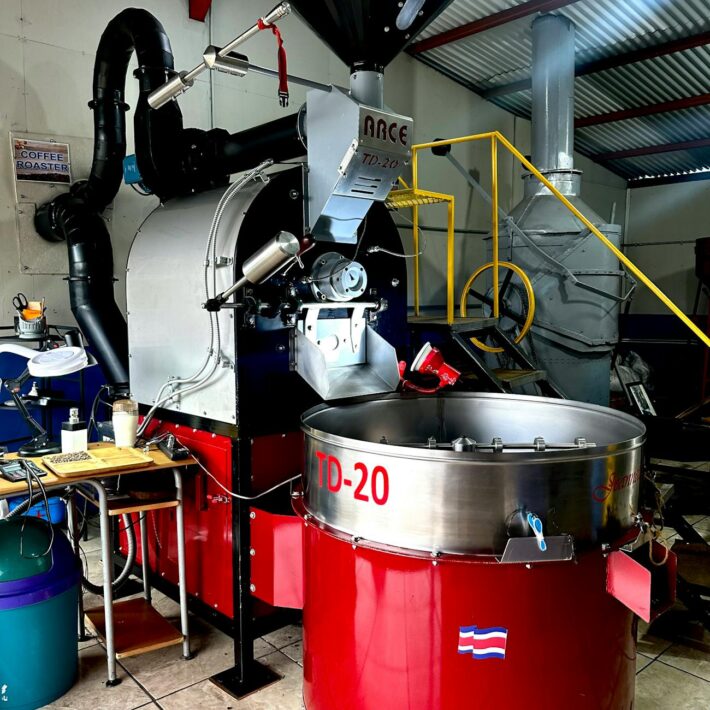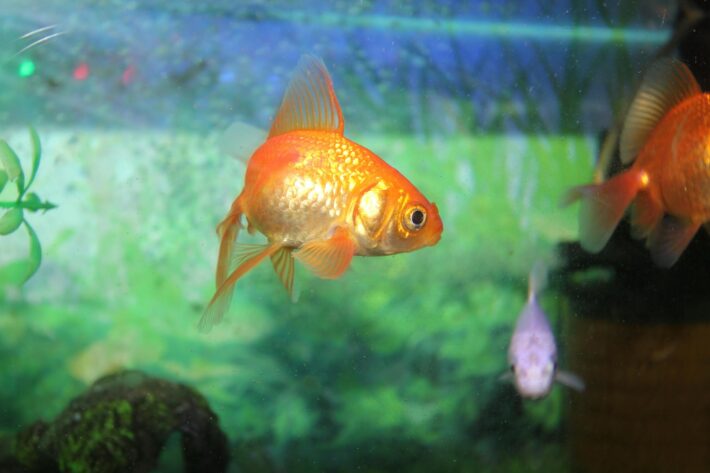Adaptive Reuse Business Ideas to Start in 2024

Contents
Adaptive Reuse Business Ideas to Start in 2024
The world is changing, and so are our ideas about how to best utilize space. Adaptive reuse is a rapidly growing concept, where old buildings are remodeled and repurposed for new uses. This approach not only preserves history but also promotes sustainability, making it an attractive model for small business owners looking to innovate in 2024. With the right vision, you can turn historically rich spaces into vibrant business ventures that resonate with modern needs and values.
What is Adaptive Reuse?
Adaptive reuse refers to the process of changing an old structure for a purpose other than what it was originally built for. Think of it as breathing new life into forgotten spaces, allowing them to serve contemporary functions while retaining their historical charm. The significance of adaptive reuse in today's business landscape is immense, primarily due to its positive impact on sustainability and resource efficiency. Rather than building new from the ground up, entrepreneurs can create business ideas that not only minimize waste but also celebrate the architectural fabric of our communities.
Benefits of Starting an Adaptive Reuse Business
Starting an adaptive reuse business has its advantages. Here’s why you might think about jumping in:
-
Cost Savings: Often, refurbishing an existing structure can be cheaper than ground-up construction. Building permits and new zoning requests can add up quickly and derail your budget.
-
Environmental Impact: By reusing an existing building, you significantly reduce the carbon footprint associated with demolition waste and new materials. This approach resonates with eco-conscious consumers.
-
Creative Opportunities: Adaptive reuse encourages most types of creative brainstorming. You can combine different ideas and features to create a space that stands out from the competition and speaks to the target market.
-
Unique Charm: Structures with history offer distinctive characteristics that can draw clientele. Imagine sharing the rejuvenated story of an old factory now serving slinging artisanal lattes or hosting fostered community events.
Adaptive Reuse Business Ideas for 2024
Here are several practical and intriguing business ideas that play into the adaptive reuse trend:
Co-Working Spaces
Transform old offices or warehouses into modern co-working venues. This environment can attract freelancers, start-ups, and remote workers seeking a professional yet collaborative atmosphere.
Boutique Hotels
By converting historic buildings into boutique hotels, you can offer guests a unique place to stay with an unforgettable character. A lot of travelers are looking for charm over generic when choosing accommodations.
Art Galleries
Utilizing former industrial spaces, create galleries that exhibit local art. This fosters cultural engagement and celebrates artistic talent within the community.
Microbreweries
Repurposing old mills into trendy craft breweries could be a great business idea. Guests can appreciate the original architecture while savoring handcrafted beverages.
Community Centers
Old schools or churches can become multifunctional community spaces, hosting workshops, classes, and gatherings, thus serving community needs in various ways.
Pop-Up Shops
Vacant retail spaces can be used seasonally for pop-up shops, offering local artisans and entrepreneurs the chance to reach consumers without long-term commitments.
Coffee Shops
Old historical buildings make perfect cozy coffee shops, inviting both remote workers looking for a soothing workspace and socializers yearning for a comfy café experience.

Photo by Kaboompics.com
Event Venues
Unique properties can be converted into outstanding spaces for weddings, parties, or corporate functions. Your venue’s history will give events an authentic backdrop.
Fitness Studios
Utilize former gymnasiums or auditoriums for specialized fitness classes such as yoga, martial arts, or dance, attracting health enthusiasts in your area.
Urban Farms
Rooftops or vacant lots can serve as urban gardens, promoting local produce. This not only benefits the environment but also gives communities access to fresh greens.
Furniture Shops
Transform old factories into showrooms for locally made furniture. Eco-conscious consumers are increasingly in search of sustainable décor options.
Historical Tours
Offer guided tours of restored historic sites, simultaneously blending education with tourism. A well-planned tour can provide visitors with an insightful look into the local heritage.
Sustainable Fashion Stores
Old storefronts can house shops that sell sustainable fashion, appealing to shoppers who care for ethical consumption and eco-friendly materials.
Culinary Schools
Turn outdated kitchens or restaurants into culinary school spaces for hands-on workshops. This concept allows food lovers to cultivate their kitchen skills while fostering a love of gastronomy.
Market Research and Trends
When exploring adaptive reuse, staying informed about current trends is key. Homeowners and businesses alike increasingly prefer sustainability. Consumers are leaning toward businesses that practice eco-friendly measures and provide community engagement. As you consider your adaptive reuse venture, research and gather insights to satisfy this growing demand.
Branding and Marketing Your Adaptive Reuse Business
Creating a solid brand identity that reflects an eco-conscious approach can help your adaptive reuse venture attract attention. Strong branding fosters credibility.
Developing Your Logo
A meaningful logo often influences consumers' first impressions of your business. It represents your brand identity and helps prospects recognize your unique value proposition. Well-designed logos root your venture firmly within the hearts of your target audience.
Challenges in Adaptive Reuse
Of course, adaptive reuse isn’t without its obstacles. Be prepared for potential challenges that may arise, like zoning laws, design limitations, and initial investment costs. Navigating these can be tough yet necessary to create a flourishing business model.
Conclusion
In summary, adaptive reuse presents a unique opportunity to merge innovation with sustainability in 2024. Whether you’re looking to open a chic boutique hotel in a transformed landmark or a vibrant coffee shop in a historical habitation, the old can be made new again. With a bit of imagination and initiative, small business owners can drive this trend forward, building successful ventures that speak to their communities while preserving their histories. Start envisioning your reusable footprint today!

As our Chief SEO & Branding Strategist, Robert Ellison is a digital marketing visionary with over 25 years of experience transforming brands through smart, data-driven SEO and impactful storytelling. Known for his expertise in aligning technical SEO with authentic brand narratives, he leads our team in creating strategies that boost search rankings while building strong, sustainable brand identities. A trusted advisor and frequent industry speaker, Robert combines deep technical knowledge with creative insight, helping our clients not only reach the top of search results but also genuinely connect with their audiences.








